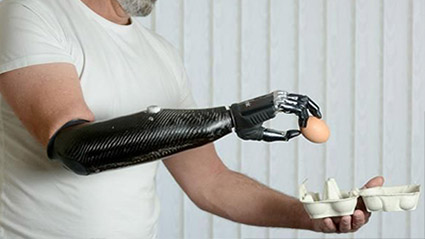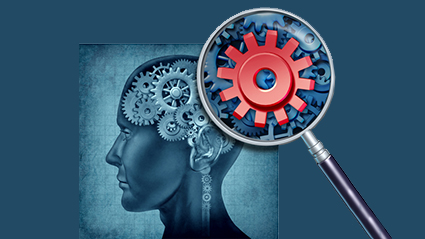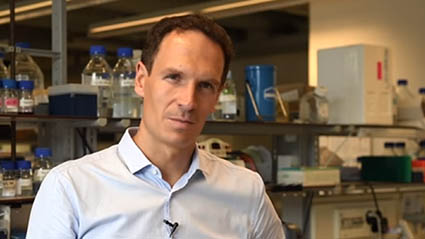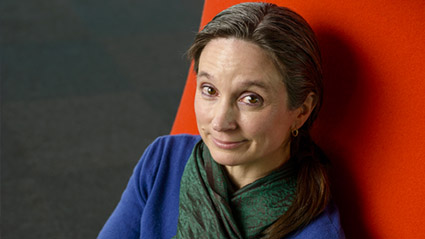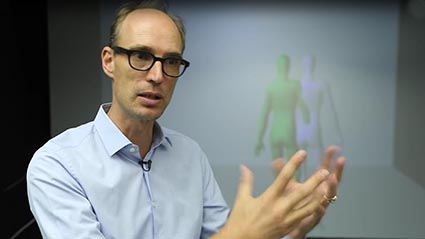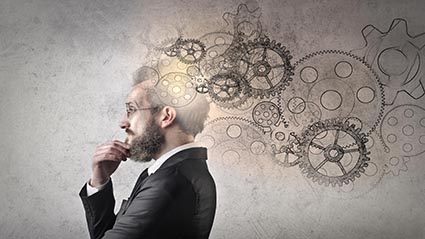20 August 2018
Merely having the prosthetic limb is not enough to assist the amputees with their activities. Many amputees skip the extended use of their prosthetic limb as their misplaced limb does not meet the criteria of their prosthesis. This actually means that Read more…
